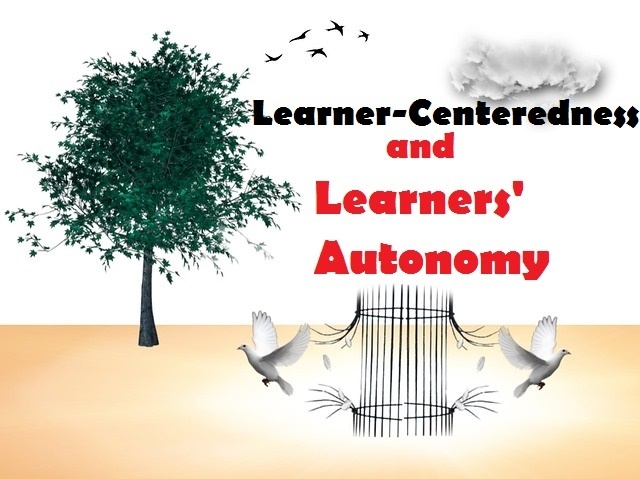Do teachers need a coach?
This is one of the questions that I have been exposed to recently. Some people might presume a big ‘NO’. But, I might venture a guess and say everyone needs a coach. It seems vague. Actually, it is not. Coaching is commonly perceived to be a part of sports, where there is a highly trained person who makes efforts to help athletes.
Coaching in the educational realm, in fact, refers to the ability to encourage, motivate, collaborate with, aspire, inspire and affect positive change in a community of teachers. Even though instructional coaching has been advocated by research (Blackman, 2010), it seems there is a difficulty on the part of teachers to recognize the pedagogical role of instructional coaches.
Arguments why teachers and schools need instructional coaching.
Instructional coaches are mentors.
A well-acknowledged truth is that teachers need help and scaffolding, especially the novice ones. Instructional coaches typically help this group of teachers and others who are struggling with classroom issues. They can model lessons to show the best teaching practices, they can help teachers know new strategies and how to implement them.
Instructional coaches are also there to help teachers learn how to integrate new educational technology techniques. Although ICT has shaped our classroom practices and digital learners demand this, teachers’ frustration and reluctance are apparent.
Many teachers would claim it’s a lack of training. In this regard, instructional coaches can play an integral role in introducing these techniques. Nowadays, using Kahoot, are Google classroom is of paramount importance. Yet, not all the teachers are aware of how to use them. So, instructional coaches can help.
Undertaking professional development.
Instructional coaching typically involves undertaking professional development sessions in districts and regions. Sometimes, bringing outsiders such as advisors or trainers can be useless, because these people may not understand the teachers’ needs.
Because they are familiar with the context, Instructional coaches can help diagnose problems, suggest solutions, and help teachers make informed decisions to improve the quality of their practices.
Instructional coaching focuses on the best practices.
Many teachers would confirm they easily get into the routine-driven instruction. They keep teaching the same content using the same way. Teachers are busy all the time, some of them have out-class commitments and others are fighting stacks of homework assignments and tests.
Instructional coaches help teachers find the best resources to improve their instructional performance. They share their professional experience, ideas, and knowledge about teaching, and most importantly they give constructive feedback, and this helps teachers a lot.
Connecting colleagues and fostering a culture of collaboration among them.
What is striking about instructional coaching is that other teachers are invited to a lesson study. This lesson is either modeled by an experienced teacher or the instructional coach himself.
Teachers usually observe what was going on during this lesson and they discuss it after it finishes. They collaborate to elicit the best instances of sound practice. This creates a pedagogical dialogue where teachers collaboratively learn from one another.
Instructional coaching is not judgemental.
Typically, instructional coaching is designed to help teachers reflect on their practices and learn.
Teachers, when being observed by a coach, they know that it is done for learning, and no one will hold them accountable. This fosters their motivation and encourages them to make the best of it.
More learning takes place.
It goes without saying that instructional coaching provides a fresh and valuable perspective from an outsider. Every day, effective teachers reflect on their practices at home or at school. But, they don’t actually see much. Yet, when a coach is there in their classroom and looks at things from a critical perspective, they will see through the eyes of the other and will definitely learn many things.
I hope you understand the importance of instructional coaching. If you are a teacher or educator and well-aware of instructional coaching, what else can you add to this set to help other teachers learn more?
Please, Like our Facebook page and share this post if you think there is someone who needs to know about this.
References:
- Bean, R. M., Draper, J. A., Hall, V., Vandermolen, J., & Zigmond, N. (2010). Coaches and coaching in Reading First schools: A reality check. The Elementary School Journal, 111(1), 87-114.
- Blackman, A. (2010). Coaching as a leadership development tool for teachers. Professional Development in Education, 36(3), 421-444.
- Denton, C. A., & Hasbrouck, J. (2009). A description of instructional coaching and its relationship to consultation. Journal of Educational and Psychological Consultation, 19(2), 150-175. National Center for Education Evaluation and Regional Assistance.








I definitely agree with the arguements mentioned here. I believe instructional coaching is very important